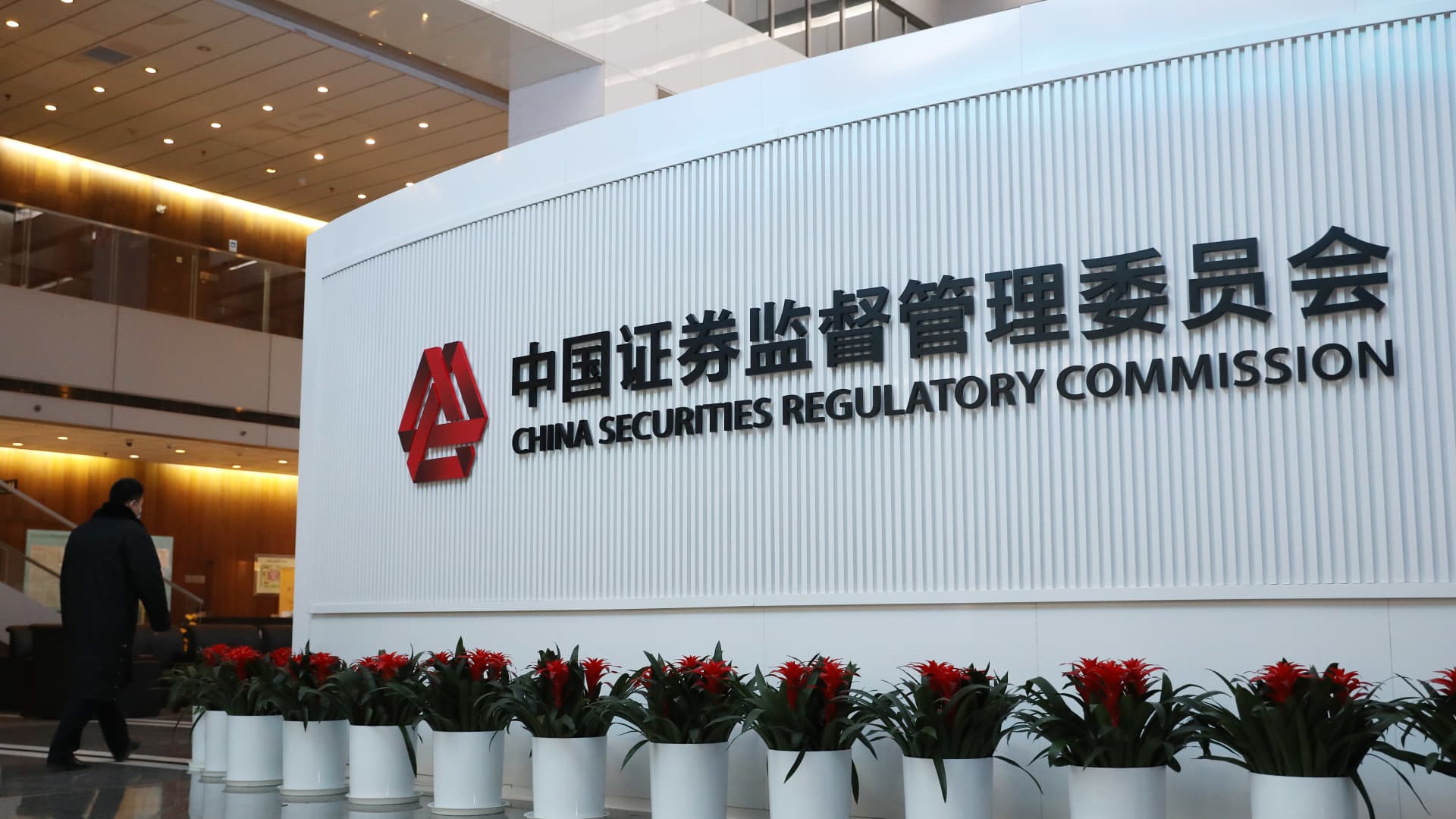Products You May Like
BEIJING – China-based companies now have more clarity on whether they can list overseas in the U.S.
The China Securities Regulatory Commission announced late Friday new rules that require domestic companies to comply with national security measures and the personal data protection law before going public overseas.
The securities regulator’s rules do not ban the variable interest entity structure commonly used by Chinese companies when listing in the U.S. The VIE structure creates a listing through a shell company, often based in the Cayman Islands.
The CSRC said its rules for overseas listings are set to take effect March 31. The rules are similar to a draft published in late 2021, which had no implementation date.
The new rules also call for IPO underwriters, typically international investment banks, to annually report to the CSRC their involvement with Chinese listings overseas.
The CSRC also said companies or individuals might be fined up to 10 million yuan ($1.5 million) for sharing misleading information or otherwise violating the rules.
In the last two years, different parts of the Chinese government have announced new rules for protecting national security and personal data.
Notably, after Didi’s massive U.S. IPO in June 2021, China’s cybersecurity regulator said internet platform operators with personal data of more than 1 million users needed to apply for a cybersecurity review before they could list overseas.
After an 18-month lull in overseas listings, more China-based companies are returning to the U.S. IPO market this year. Last year, U.S. inspectors also said they were able to review the audit work papers of Chinese companies listed in the U.S., significantly reducing the risk of delisting.
